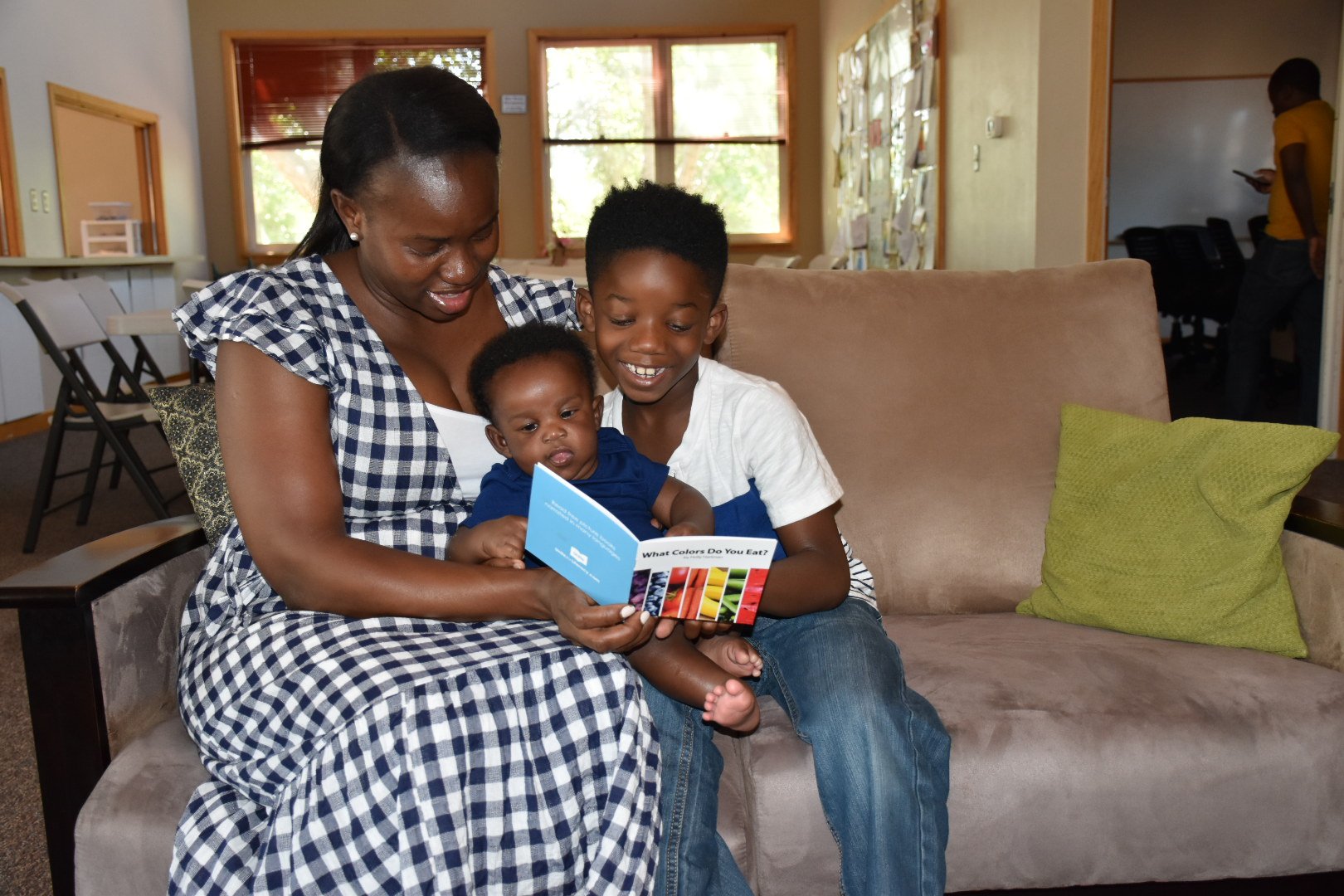Culture is Everything
By Mark W.F. Condon, Unite for Literacy vice president
Certain family practices make success in school and beyond more accessible than others. Surprisingly, one family practice that is proven to help children become successful learners is not linked to ethnicity, parental education, income or even home language. It’s the prevalence and prominence of books and reading in the home, regardless of any other aspect of family culture.
Families that choose to read books with engaging content, rich vocabulary and sentence complexity create fertile contexts that entice children to love books and reading. This “family scholarly culture” also impacts children’s oral language, spelling, and writing in positive ways.
Book reading develops like all aspects of a person’s culture. Children are incredibly observant, and they try to do what those they admire do. If a small child notices his parent doing something, like cleaning, it won’t be long before the little one will try wiping down the refrigerator using a tissue or a dirty sock. It’s how kids spend their days. Exploring things that they’ve seen others do and experimenting with how those things feel and work.
That which gives children pleasure or gets attention gets repeated. What is ignored or lacks positive results eventually disappears. This is how culture is transmitted from families to their children. Young children learn to fit precisely and comfortably into the culture into which they are born and nurtured.
The above graphic from the Pew Research Center illustrates the variety of book reading categories into which a child might be born. Alarmingly, nearly a quarter of U.S. adults don’t read books at all, which means it’s possible that nearly a quarter of U.S. children are born into homes where reading doesn’t happen. Remember that just as children learn from what parents and older children do, they also learn from what families don’t do.
Book reading also varies with race, age, income, education and community. These data suggest that a lot of children aren’t likely to grow up acquiring a book-reading, family culture. However, it clearly doesn’t have to be that way.
If we want our children to be successful, it is essential that families and schools support them to comfortably and joyfully participate in a culture of book reading. Each family’s lifestyle around books can impact their larger community’s book reading habits, as well. That broader culture, like all others, is effortlessly learned by its members, just like the language they speak. Children watch, listen and engage around whatever practices are present in the home. A child’s sense of self is then either enhanced by the book reading they experience in school or sometimes it’s diminished if joyful reading engagements are unavailable there.
If parents in a family read books for enjoyment, that culture is likely to be internalized by their children. Children learn to value reading as something to learn and to do. Reading to children is another important experience for setting them up to read independently. Unavoidably, adults reading books for themselves, almost regardless of what their books are about, is a plus. Non-reading parents, even if they read books to their children, can inadvertently communicate to their youngsters that reading is just for kids.
The enthusiasm for reading, shared by any family member, can spark interest in books for the larger family. In time, with joyful opportunities to read and talk about books, the practice will inspire others, moving their families closer to enrichment through daily reading.

